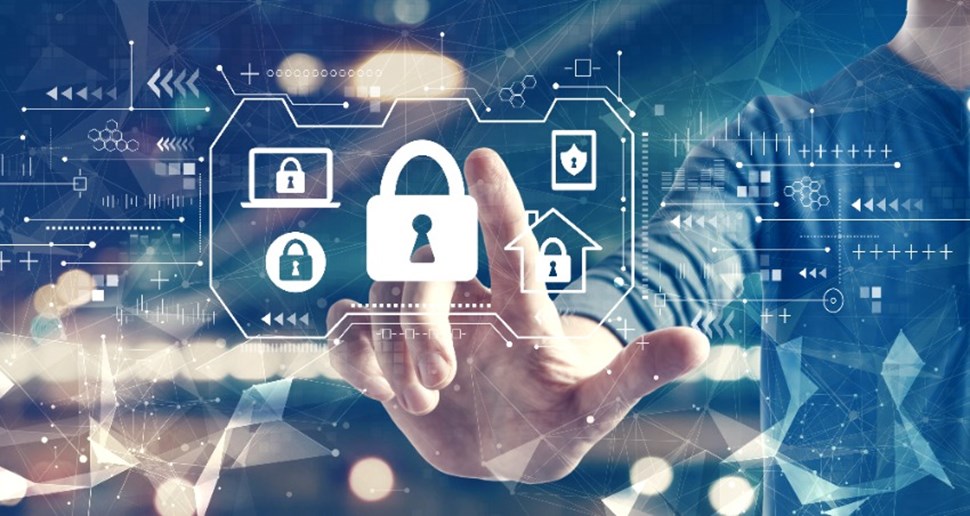Rise in Remote Working Makes Cyber Security Everyone’s Responsibility
Due to the COVID-19 pandemic, lockdowns around the world have resulted in an increased reliance on remote working and digital platforms.

Unfortunately cyber criminals are taking advantage of this and therefore businesses have been urged to make cyber security even more of a priority than it was before. It’s not only up to companies to take cyber security seriously though, individuals need to educate themselves and be aware that they are all likely targets for cyber attackers, whether it’s their personal data or their finances which are at risk.
A common misconception about cyber attackers is that they use sophisticated tools and techniques to hack into someone’s computer, devices or accounts. Actually, these fraudsters have learnt that the easiest way to steal a person’s information or infect their systems is by simply misleading them into doing it for them – and for this they use a technique called social engineering.
Social engineering is when an attacker tricks a person into doing something through various manipulation techniques. Think of them as modern-day con artists – because today’s technology makes it considerably easier for any cyber attacker from anywhere in the world, to pretend to be anything or anyone they want.
Social engineering attacks are not limited to phone calls or email, they can happen in any form including WhatsApp, text message, over social media, or even in person. The key is to know what clues to look out for.
If something seems suspicious or doesn’t feel quite right, it may be an attack. The most common clues include:
If you suspect someone is trying to trick you, keep a copy of the communication for your records but do not communicate with the person.
Phishing is a form of social engineering, where an attacker uses email or a messaging service to deceive you into taking an action that you should not take, such as clicking on a malicious link, sharing your password, or opening an infected email attachment. Cyber attackers work hard to make these messages convincing and tap into your emotional triggers, such as fear, urgency, curiosity or flattery. They make it look like as if it came from someone you know, such as a friend or a trusted company you frequently use. They could even add logos of your bank or forge the email address to ensure the message appears more legitimate.
If you are at all suspicious of a message, call the sender to verify who sent it. It is easy for a cyber attacker to create a fake online message that appears to be from a friend or co-worker, that’s why it’s so important to pick up the phone and check.
Cybercrime is only going to rise, as the world embraces all things digital and the 4th industrial revolution. That’s why it’s important that you’re aware of the risks you face, so you can protect both your interests and your finances.